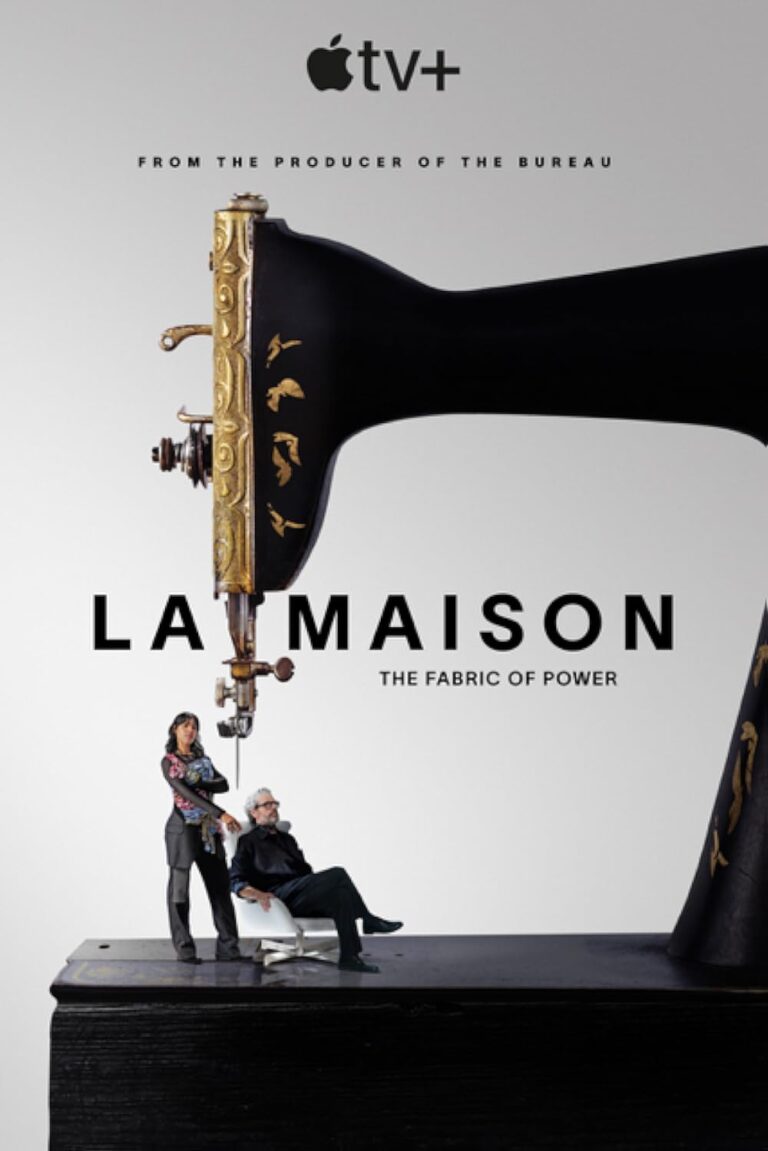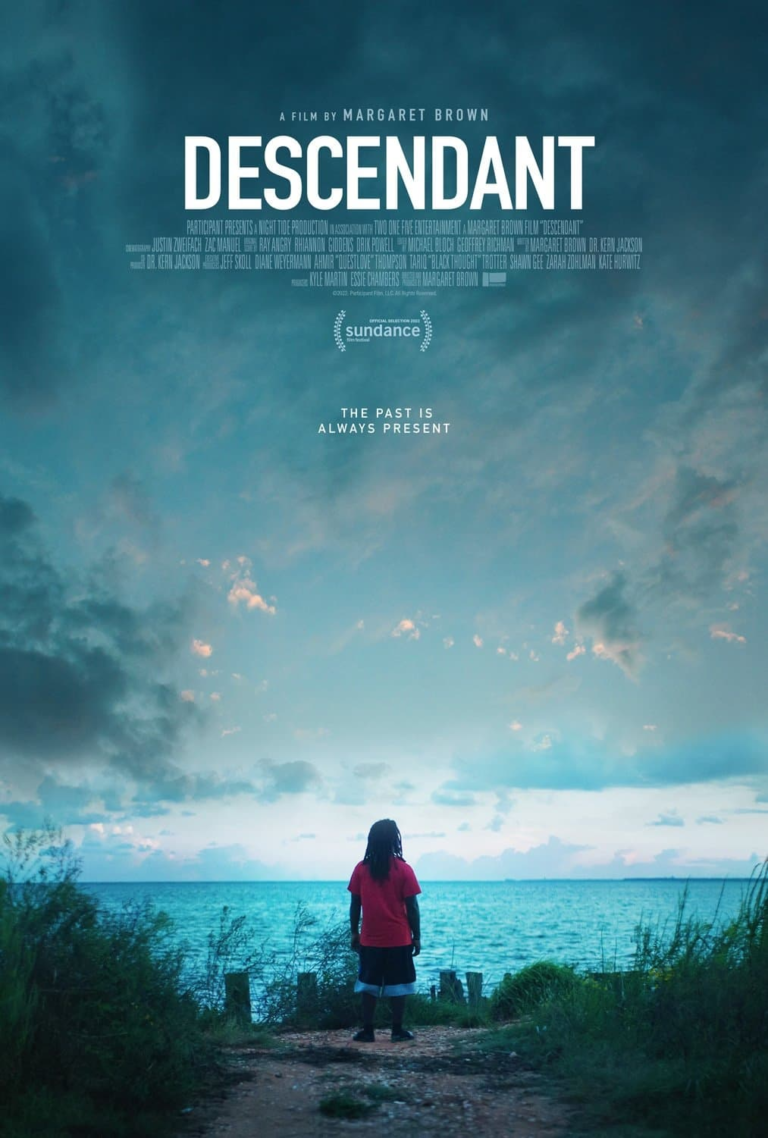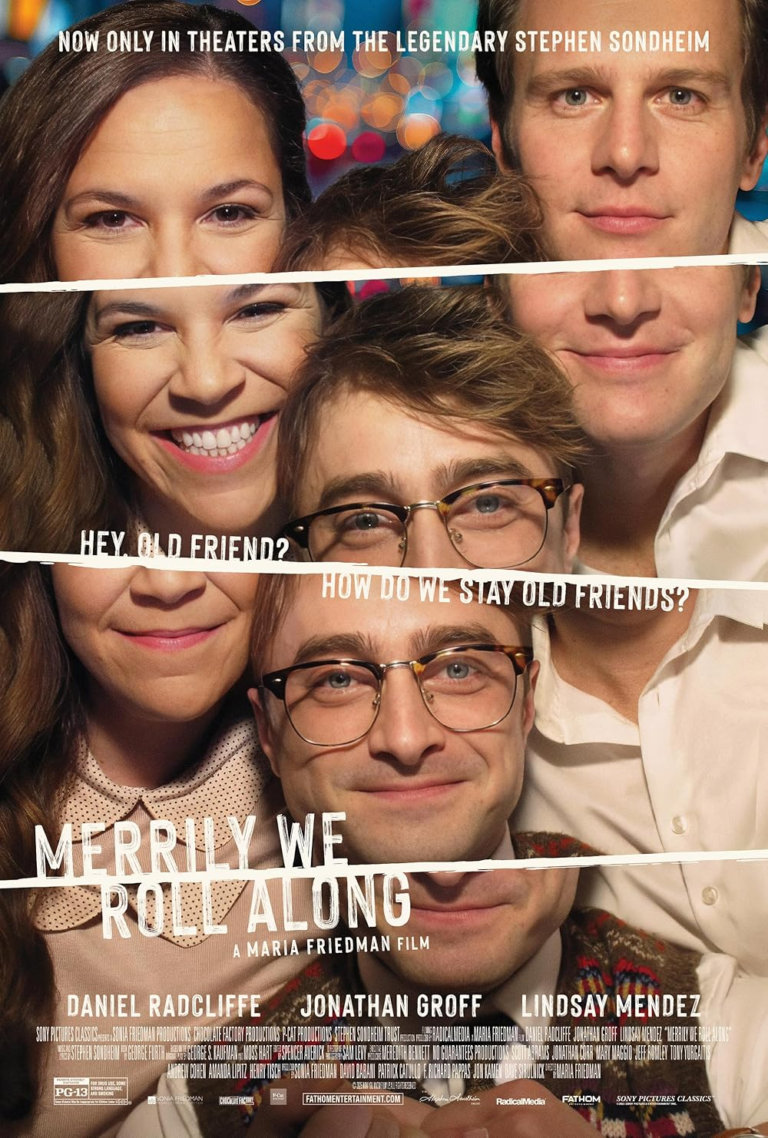The Body Remembers When the World Broke Open Christian Review

The movie’s title is a bit of a mouthful, I’ll give you that. “The Body Remembers When The World Broke Open.” But don’t be fooled. It’s not some bloated art-house indulgence dripping in pretension. It’s more like a quiet punch to the gut that you feel long after the credits roll—a film that speaks softly but leaves bruises, a whispered truth that won’t let go.
If you haven’t heard of it, it’s probably because it slipped under the radar for a lot of folks, despite being an achingly beautiful piece of cinema. The story is deceptively simple: one rainy day in Vancouver, two Indigenous women’s lives collide unexpectedly. Áila, well-dressed and seemingly put-together, stumbles upon Rosie—barefoot, bruised, clearly shaken by something dark that’s just happened. It’s one of those moments, you know? Where you can feel the air thicken, like it’s holding its breath, waiting to see what you’ll do. And from there, the film drags us, almost unwillingly, into a slow, uncomfortably real-time account of what it’s like to try and help a stranger in a world that’s too often indifferent to the pain of others.
No Sugar-Coating Here: A Truthful Glimpse into Hard Realities
This film isn’t interested in hand-holding or easy answers. It’s not going to sit you down and tell you a neat little story about redemption or triumph. Instead, it tosses you into the middle of a messy, heartbreaking encounter and forces you to just be there, to wrestle with all the awkwardness, the hesitations, and the doubts that arise when one human being tries to reach out to another. Áila, who seems to have it all together, finds herself fumbling. What do you say to a woman who’s clearly just escaped a violent situation? How do you convince her to accept your help when she’s been hurt too many times to trust anyone?
The film captures that tension so viscerally, you almost feel embarrassed to watch. Like you’re eavesdropping on something private. Áila’s attempts at comfort are halting and unsure, and Rosie’s reactions are raw—defensive, wary, unwilling to let her guard down. It’s not the kind of compassion you see in movies where the good guy sweeps in to save the day. It’s messy. Flawed. Real.
Time Moves Differently Here: Real-Time Intimacy
Most movies, they like to manipulate time, you know? Cut here, cut there. Keep things snappy. But The Body Remembers doesn’t play by those rules. It’s shot almost entirely in real-time, with long, lingering takes that don’t let you look away, no matter how much you might want to. There’s no dramatic music to cue you on how to feel, no clever editing to smooth over the silences or the awkward pauses. Just one long, unbroken stretch of time, almost like the camera itself is holding its breath, watching to see what will happen next.
It’s a brilliant choice, even if it makes the film a bit of a challenge to sit through. Because real life isn’t clean or polished, and real conversations don’t have tidy arcs. They meander, stumble, circle around before finally landing on something true. And that’s what happens here. You’re forced to just sit with these two women, to feel the weight of every pause, every uncertain word. It’s almost suffocating at times, but in a good way. The kind of suffocation that comes from holding your breath, hoping against hope that somehow, someway, these two strangers will manage to connect.
Two Worlds Collide: The Complexity of Privilege and Pain
At its heart, this is a film about contrasts. About the brutal, gaping chasm between what one person has and what another lacks. Áila is the embodiment of a kind of quiet privilege—not the flashy kind, not the kind that comes with luxury cars and expensive clothes, but a privilege nonetheless. She’s educated, stable, and has a certain security in life that Rosie can only dream of. And she knows it. That knowledge hangs between them like a ghost, making everything Áila does or says feel heavy with implications.
But the film is careful not to vilify her for it. Privilege is a complicated thing. It’s not always about what you have, but about the unspoken ways it shapes your view of the world. Áila’s attempts to help are genuine, even as she fumbles and stumbles through the process. She’s not a savior. She’s just a woman trying to do the right thing in a world that makes it so hard to know what the “right thing” even is.
And then there’s Rosie—tough, broken, but still somehow fighting. She’s not a victim to be pitied. She’s got edges, a sharpness that comes from living a life that’s been anything but kind. Her suspicion, her anger, her refusal to be easily saved—they’re all part of what makes her feel so heartbreakingly real. Because she’s not looking for a hero. She’s just trying to survive.
A Tale of Survival: The Hard Edges of Hope
The title, “The Body Remembers When The World Broke Open,” is a perfect encapsulation of what this film is really about. Trauma lives in the body. It seeps into your bones, makes a home in your muscles, lurks in the back of your mind, waiting to spring out at the slightest provocation. Rosie’s body is a testament to that truth—the bruises, the way she flinches, the way she holds herself like she’s bracing for another blow.
And yet, there’s a flicker of hope here too. It’s faint, almost imperceptible, but it’s there. In the way Áila keeps trying, even when it seems like she’s failing. In the way Rosie, despite everything, allows herself to be helped, even if just for a moment. It’s a fragile, uncertain hope, but it’s real. And that, more than anything, is what makes this film so powerful.
The Christian Perspective: Finding God in the Smallest Acts
From a Christian viewpoint, the film is a stunning reminder of what it means to love your neighbor—not in the grand, sweeping gestures we like to romanticize, but in the small, stumbling efforts that feel like they’re not enough. Because sometimes, they’re not. Sometimes, all you can offer is a ride, a cup of tea, a few words of comfort that might not make a difference. But it’s the offering that matters. The willingness to step into someone else’s pain, even when you know you can’t fix it.
There’s a verse in Romans that says, “Rejoice with those who rejoice; weep with those who weep.” Áila’s story is a living testament to that. She doesn’t have all the answers. She doesn’t even know if what she’s doing will help. But she’s there. She’s present. And sometimes, that’s all we can do.
A Flawed, Honest Masterpiece
The Body Remembers When The World Broke Open is not an easy film to watch. It’s slow, uncomfortable, and unflinchingly real. But that’s what makes it so essential. It’s a story that doesn’t try to tie everything up in a neat little bow. It lets things be messy, unresolved, imperfect—just like life. And in doing so, it becomes a kind of mirror, reflecting back all the ways we succeed and fail in loving one another.
Rating: 9/10. Because sometimes, the most powerful stories are the ones that refuse to give you what you want. Instead, they give you what you need: a glimpse of the beautiful, broken, utterly human struggle to be there for each other, even when the world feels like it’s falling apart.




